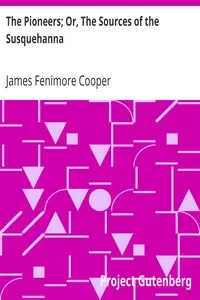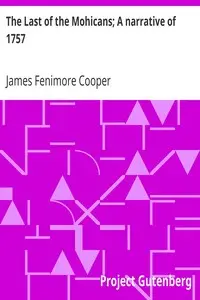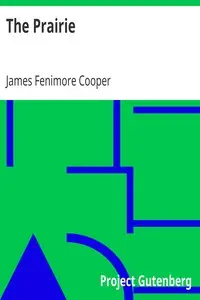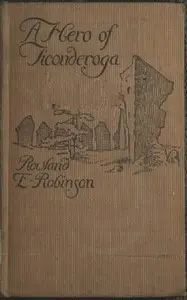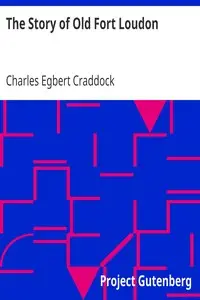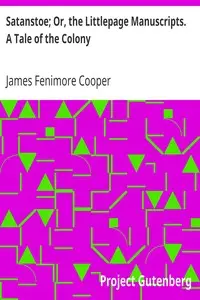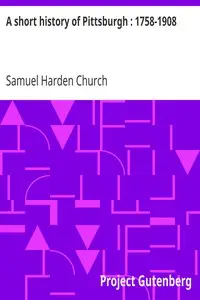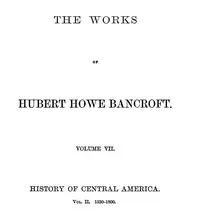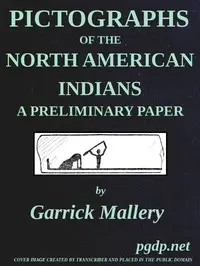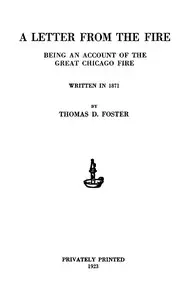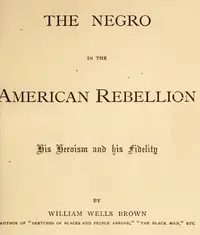"The Wept of Wish-Ton-Wish" by James Fenimore Cooper is a historical novel that tells the story of early American settlers facing the hardships of frontier life. It centers around Mark Heathcote, a religious colonist who struggles to build a life in a dangerous new land, with themes of faith, commitment, and overcoming troubles. The novel opens with the Heathcote family establishing their homestead and highlights their losses and the difficulties of living in a new community. The story shows clashes with Native tribes and the tough adjustments needed to survive. As Mark goes back into the wild after tragedy, the novel implies deeper challenges around family connections, threats from native people, and the search for religion in their new environment.
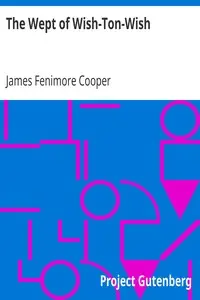
The Wept of Wish-Ton-Wish
By James Fenimore Cooper
In early America, a colonist risks everything to protect his family and his faith amidst the dangers of the wild frontier and looming threats from Native tribes.
Summary
About the AuthorJames Fenimore Cooper was an American writer of the first half of the 19th century, whose historical romances depicting colonial and indigenous characters from the 17th to the 19th centuries brought him fame and fortune. He lived much of his boyhood and his last fifteen years in Cooperstown, New York, which was founded by his father William Cooper on property that he owned. Cooper became a member of the Episcopal Church shortly before his death and contributed generously to it. He attended Yale University for three years, where he was a member of the Linonian Society.
James Fenimore Cooper was an American writer of the first half of the 19th century, whose historical romances depicting colonial and indigenous characters from the 17th to the 19th centuries brought him fame and fortune. He lived much of his boyhood and his last fifteen years in Cooperstown, New York, which was founded by his father William Cooper on property that he owned. Cooper became a member of the Episcopal Church shortly before his death and contributed generously to it. He attended Yale University for three years, where he was a member of the Linonian Society.

